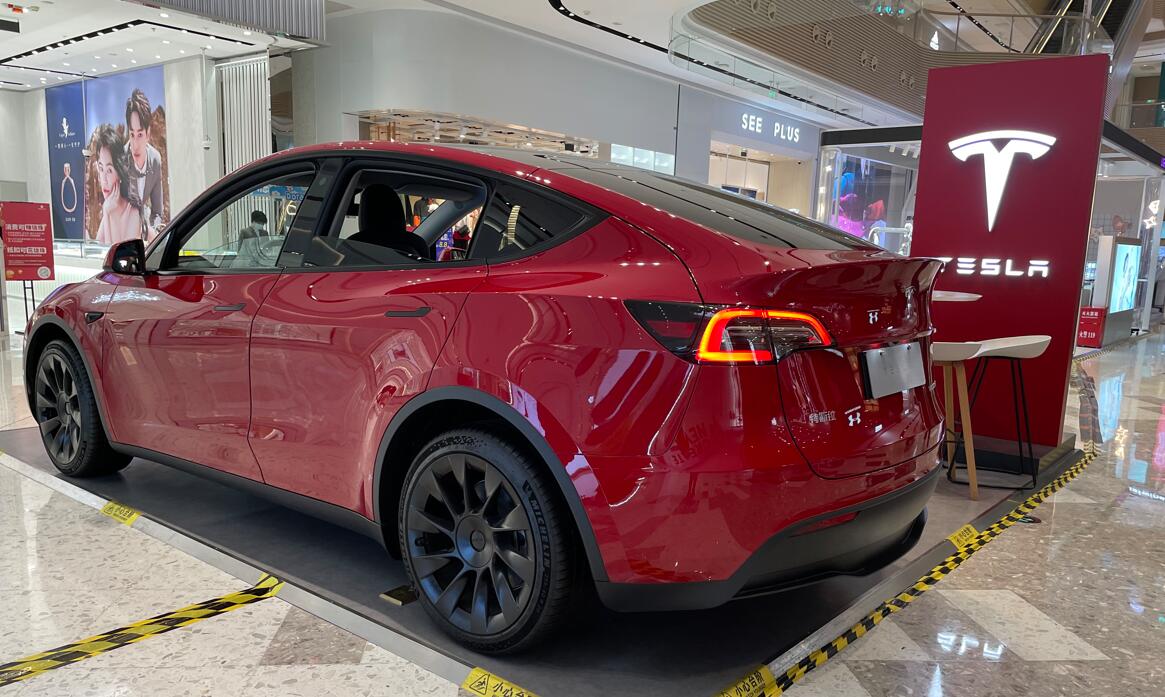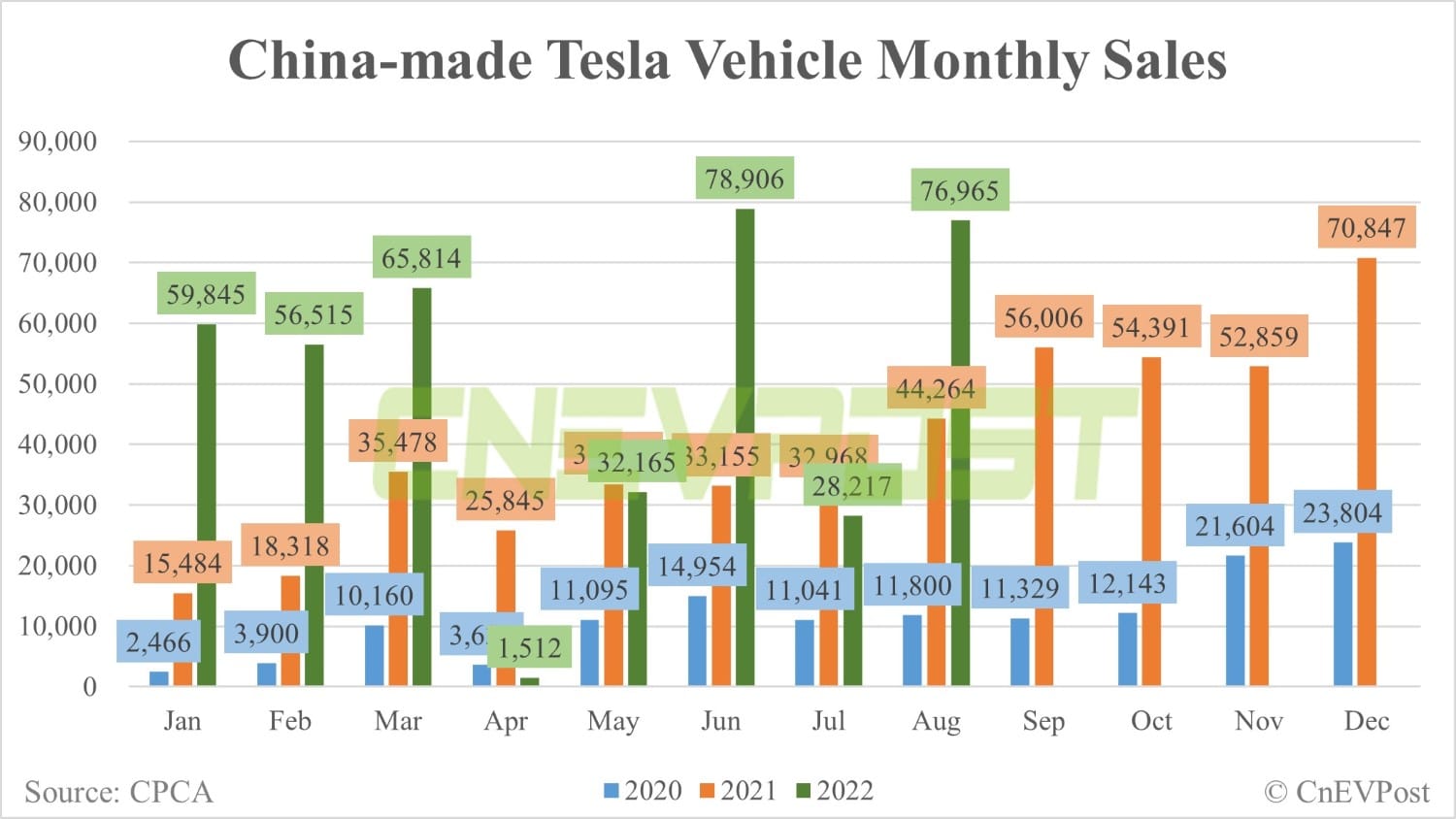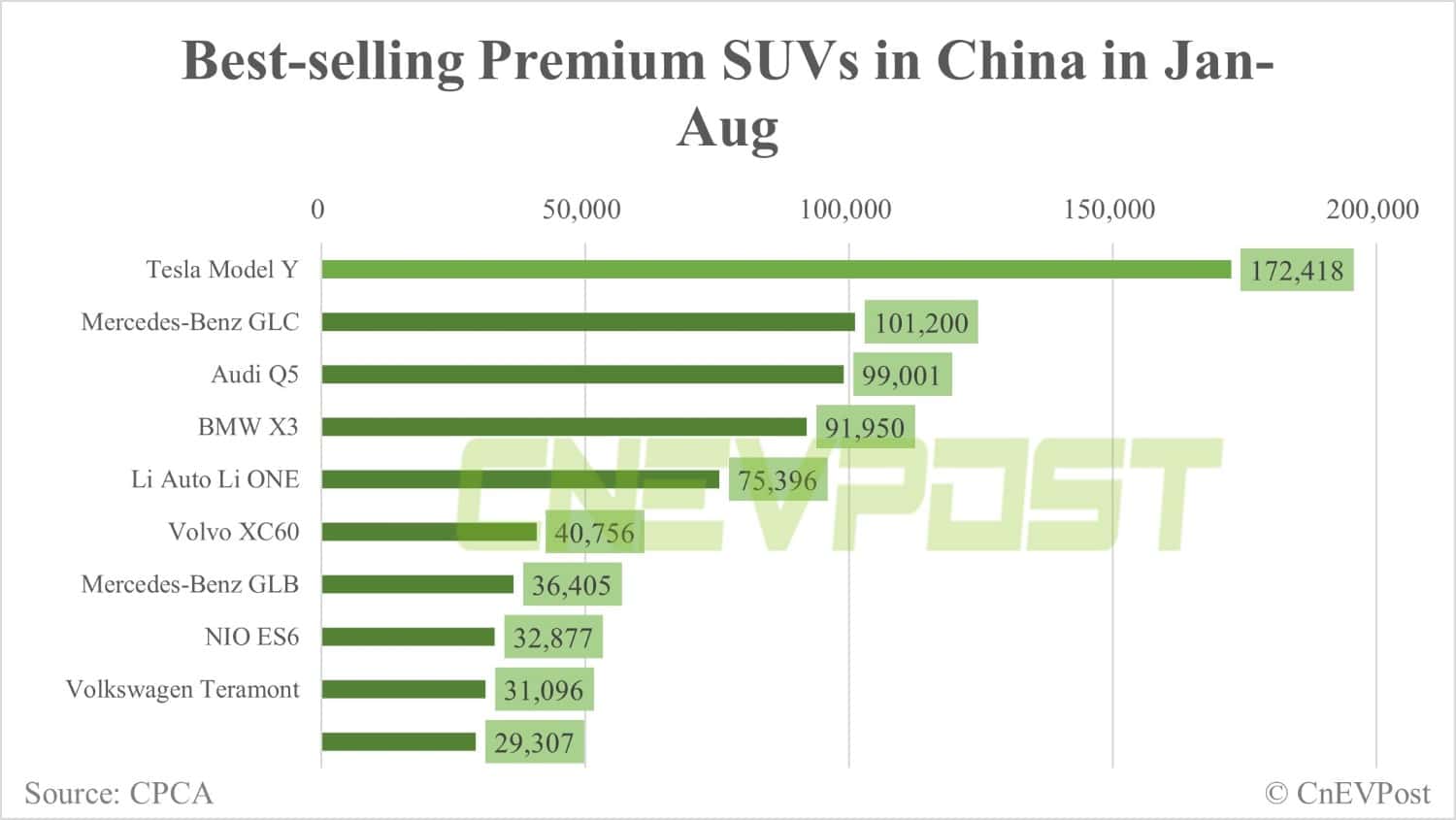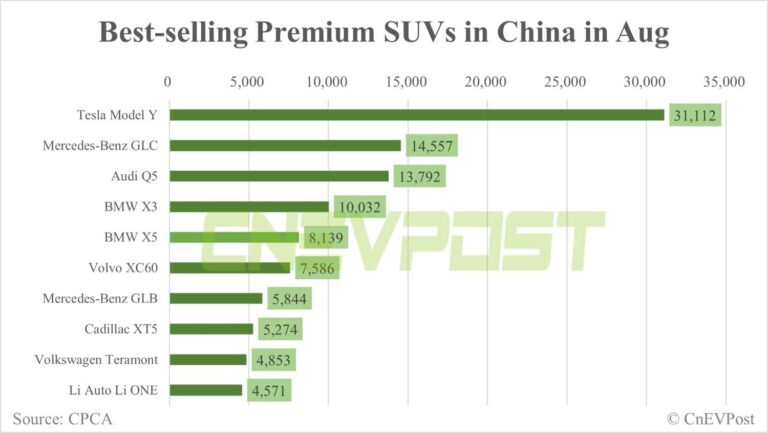Tesla will put more emphasis on lower-cost suburban stores that can also offer repair services to improve service to existing customers, according to Reuters.
(Image credit: CnEVPost)
Tesla is re-evaluating the way it sells electric vehicles (EVs) in China and considering closing some showrooms in flashy malls in cities like Beijing, Reuters reported today, citing two people familiar with the matter.
The EV maker will place more emphasis on lower-cost suburban stores that can also offer repair services, the people said.
Tesla opened its first store in central Beijing in 2013 and now has more than 200 stores nationwide that showcase models and arrange test drives for potential buyers.
However, more than half of the stores do not offer repair services because they are located in high-rent locations with limited space, which includes Tesla's first store in Beijing and its first store in Shanghai, the report noted.
"It's not necessary to open showrooms in expensive shopping malls, especially when the repair business has become lucrative," the report quoted Yale Zhang, managing director of Shanghai-based consulting firm Automotive Foresight, as saying.
"It makes better sense to keep only one or two showrooms downtown to keep the brand positioning but move more to suburbs," Zhang added.
As part of that shift, Tesla is looking to ramp up its efforts to hire technicians and other service personnel in China. Tesla's China job site shows more than 300 service positions open as of Thursday, the report noted.
Stores in the suburbs could provide repair services and help improve service to existing customers, many of whom complain of long delays, according to the report.
In the Chinese market, Tesla is the second largest new energy vehicle (NEV) brand behind BYD.
From January to August, Tesla sold 399,939 China-made vehicles, of which 240,538 were delivered to local consumers, or 60 percent, according to the China Passenger Car Association.
Tesla was one of the first electric vehicle companies to use the direct sales model, and in the Chinese market, it facilitates consumers to experience its vehicles through showrooms opened in shopping malls in core locations.
Nio's sales system is also a direct sales model, but its iconic Nio House not only has the function of vehicle display and sales, but more importantly, it provides owners a quality lifestyle.
If Nio does not adopt a direct sales system or user operation, but simply imitates the distribution system of traditional car companies, its vehicles will have to be sold at least 20 percent lower than the current ones, said Qin Lihong, co-founder and president of Nio, in an interview with McKinsey in July.
As of the end of July, Nio had 399 service outlets in China, including 67 Nio Houses, according to information previously announced by the company.
Li Auto also has a direct model, while BYD and Xpeng Motors have both directly operated stores and third-party dealers.



